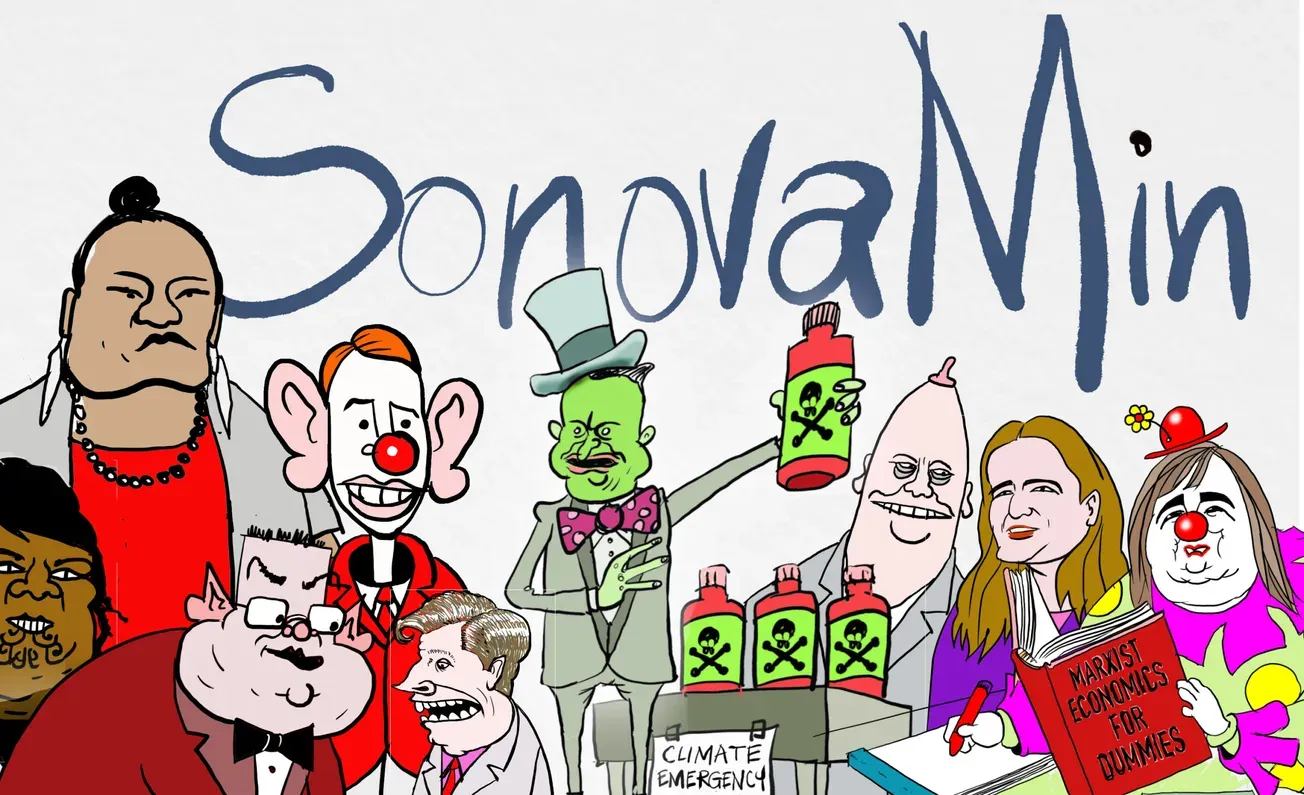Table of Contents
The word for today is…
hirsute (adjective):
1: hairy
2: covered with coarse stiff hairs
Source : Merriam -Webster
Etymology : If you’ve seen even one horror movie featuring a werewolf, you likely can recall the classic transformation scene of such films: tufts of hair sprouting from under cuffs and collars, some unfortunate soul’s head suddenly covered by a shaggy, full-face beard. It’s enough to make the hair stand up on the back of your own neck! Werewolves are common hirsute horror antagonists, which is fitting (unlike a werewolf’s clothes) since hirsute and horror share etymological roots. Hirsute entered English in the early 17th century with nearly the same spelling and exactly the same meaning as its Latin parent, hirsutus. Hirsutus, in turn, is a cousin of the Latin verb horrere, meaning “to bristle.” Horrere gave rise to the Latin word horror-, horror, which has the various meanings of “standing stiffly,” “bristling,” “shivering,” “dread,” and “consternation,” and is the source, via Anglo-French, of our word horror. And if you need a fancy word for the goose bumps you experience watching Lon Chaney in his hirsute suit, may we suggest another hirsute relation, horripilation; its Latin source, the verb horripilare, means “to shudder,” and was formed from horrere and pilus (“hair”).
If you enjoyed this BFD word of the day please consider sharing it with your friends and, especially, your children.





